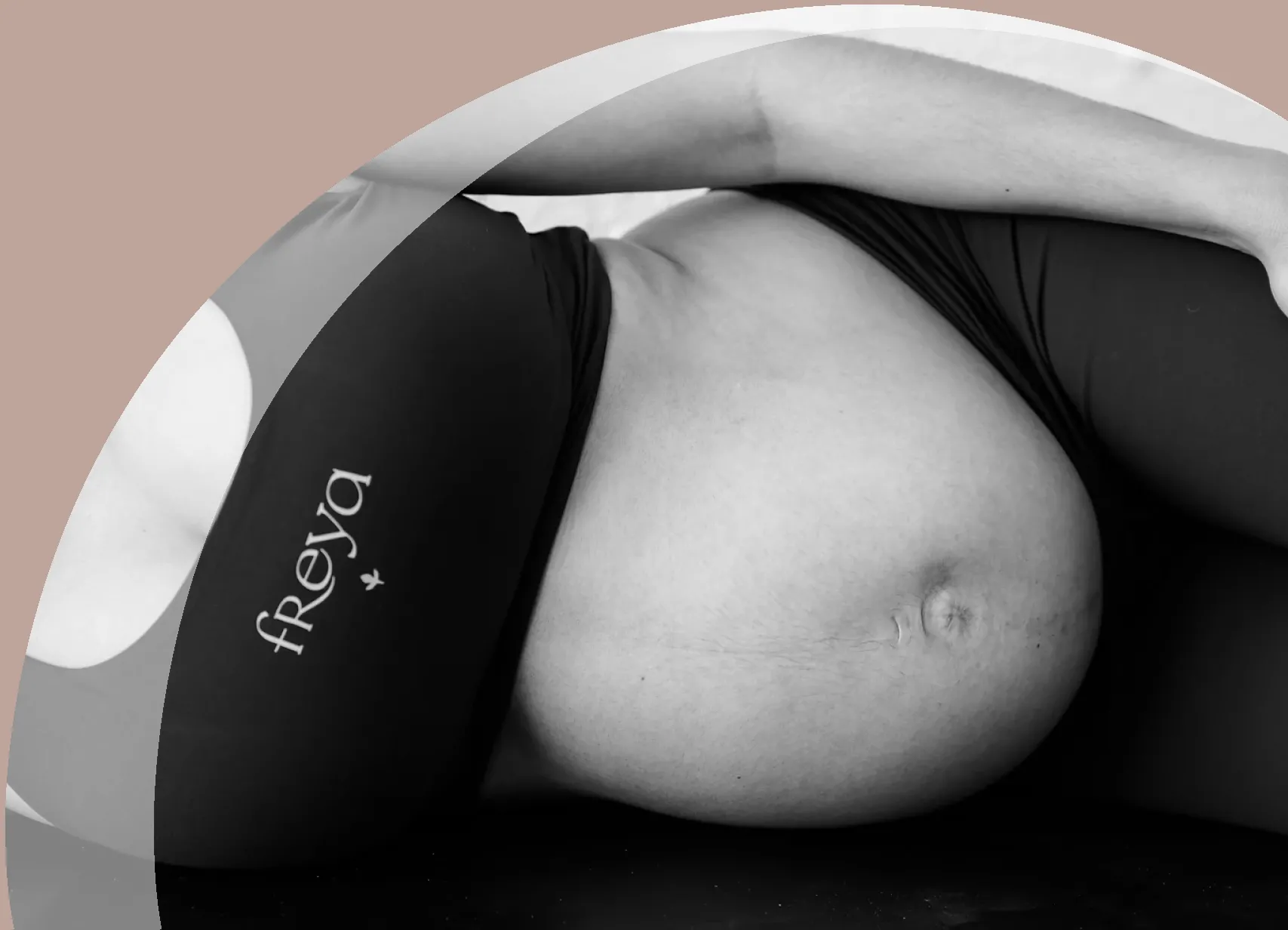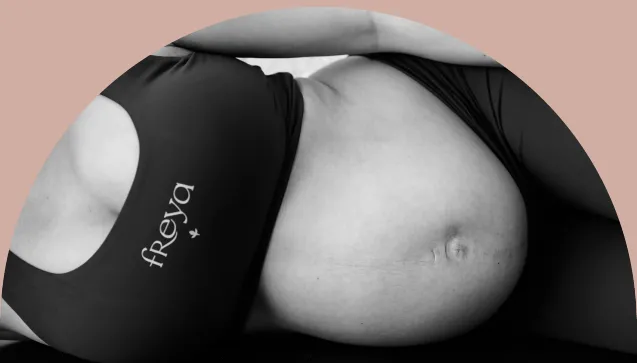As a pelvic floor physical therapist specializing in fertility, I have witnessed the profound impact that infertility can have on individuals and couples. It’s a topic often shrouded in silence, yet it affects millions across the United States. Today, I want to shed light on this issue, exploring its prevalence, diverse causes, and the crucial role that physical therapy, particularly pelvic floor interventions, can play in the journey towards conception.
Understanding the Prevalence:
Infertility is more common than many realize, affecting approximately 1 in 8 couples in the United States. Behind these statistics lie countless stories of hope, frustration, and resilience. Despite its prevalence, there remains a stigma surrounding infertility, which often leads to feelings of isolation and shame among those experiencing it.
Exploring the Causes:
Infertility can stem from various factors, both male and female. In women, issues such as hormonal imbalances, ovarian dysfunction, and structural abnormalities in the reproductive organs can contribute to infertility. For men, factors such as low sperm count, sperm motility, or structural issues within the reproductive system may be involved. Additionally, lifestyle factors, environmental exposures, and underlying health conditions can further complicate matters.
Interventions for Fertility:
When it comes to addressing infertility, there is no one-size-fits-all solution. Treatment plans are tailored to the individual’s unique circumstances, often involving a combination of medical interventions, lifestyle modifications, and supportive therapies. Pelvic floor physical therapy has emerged as a valuable component of comprehensive fertility care.
The Role of Pelvic Floor Physical Therapy:
Pelvic floor physical therapy focuses on optimizing the function of the pelvic floor muscles, pelvic organs, their ligamentous support, and the fascia that surrounds them, which all play a crucial role in reproductive health.
In the context of fertility, pelvic floor physical therapy can address various issues that may hinder conception. For women, pelvic floor dysfunction, such as hypertonicity (tightness) or hypotonicity (weakness), can impact reproductive function. By restoring balance and function to the pelvic floor muscles, physical therapy can improve blood flow to the reproductive organs, enhance hormonal balance, and promote optimal conditions for conception.
Additionally, pelvic floor physical therapy can help address musculoskeletal issues that may affect fertility, such as pelvic pain, which can arise from conditions like endometriosis or pelvic inflammatory disease. By relieving tension and restoring mobility in the pelvic region, physical therapy can alleviate discomfort and improve overall pelvic health.
For men, pelvic floor physical therapy can also play a vital role in addressing issues such as pelvic pain, which may be related to conditions like prostatitis or pelvic floor muscle dysfunction. By optimizing pelvic floor function and reducing pain, physical therapy can support male reproductive health and enhance fertility.
Breaking Barriers, Restoring Hope:
Infertility is a complex and multifaceted issue that requires a holistic approach to care. By raising awareness and embracing supportive therapies like pelvic floor physical therapy, we can empower individuals and couples on their journey towards parenthood. Let’s break the silence surrounding infertility and pave the way for a more compassionate and inclusive approach to reproductive health. Together, we can restore hope and redefine possibilities.
Remember, if you’re struggling, you’re not alone. Here at The One Tribe, we’re dedicated to providing compassionate, supportive care to facilitate your journey or offer assistance along the way. If we can’t directly address your needs, we’re equipped to provide referrals to professionals who can, ensuring you have a dedicated team supporting you every step of the way. Your path to parenthood matters, and we’re here to walk it with you.
Learn more and book an appointment with one of our Physical Therapists




